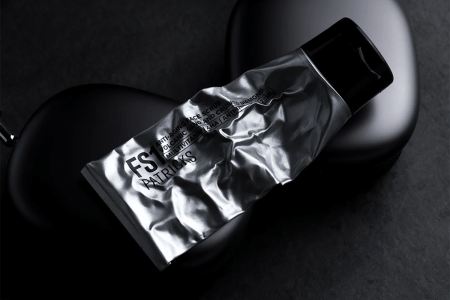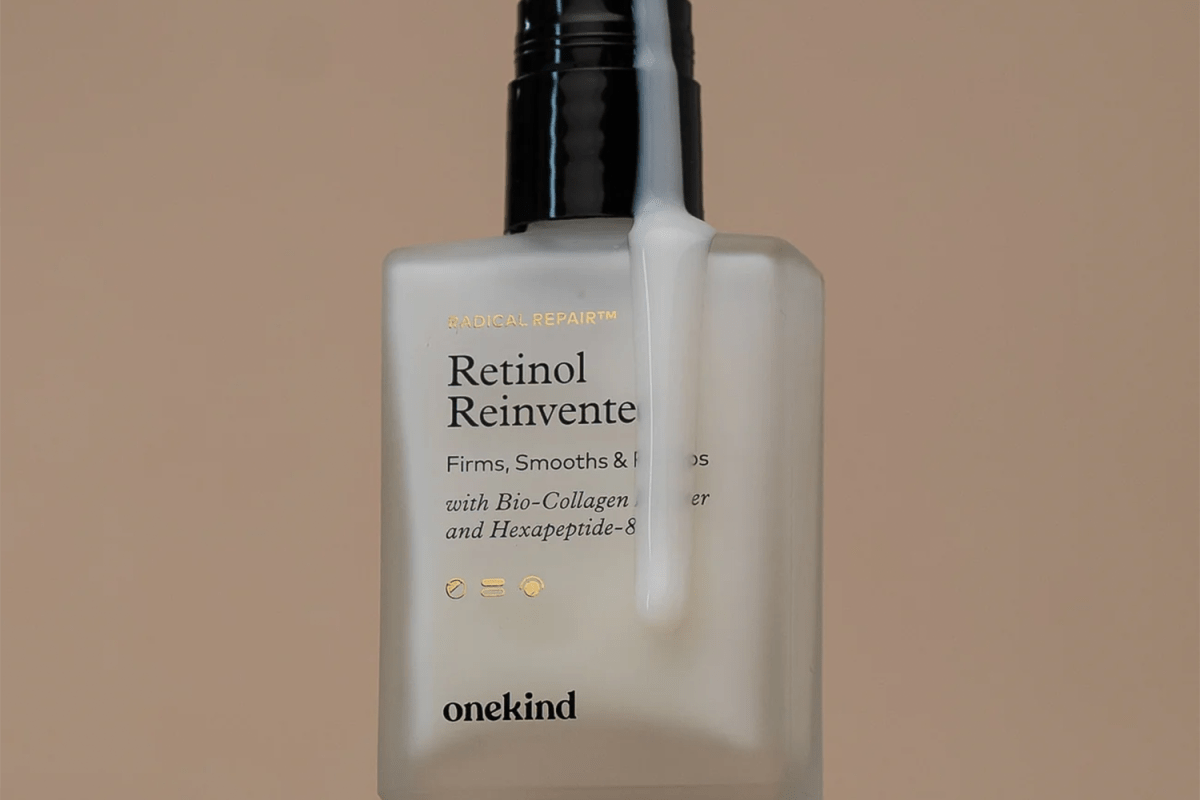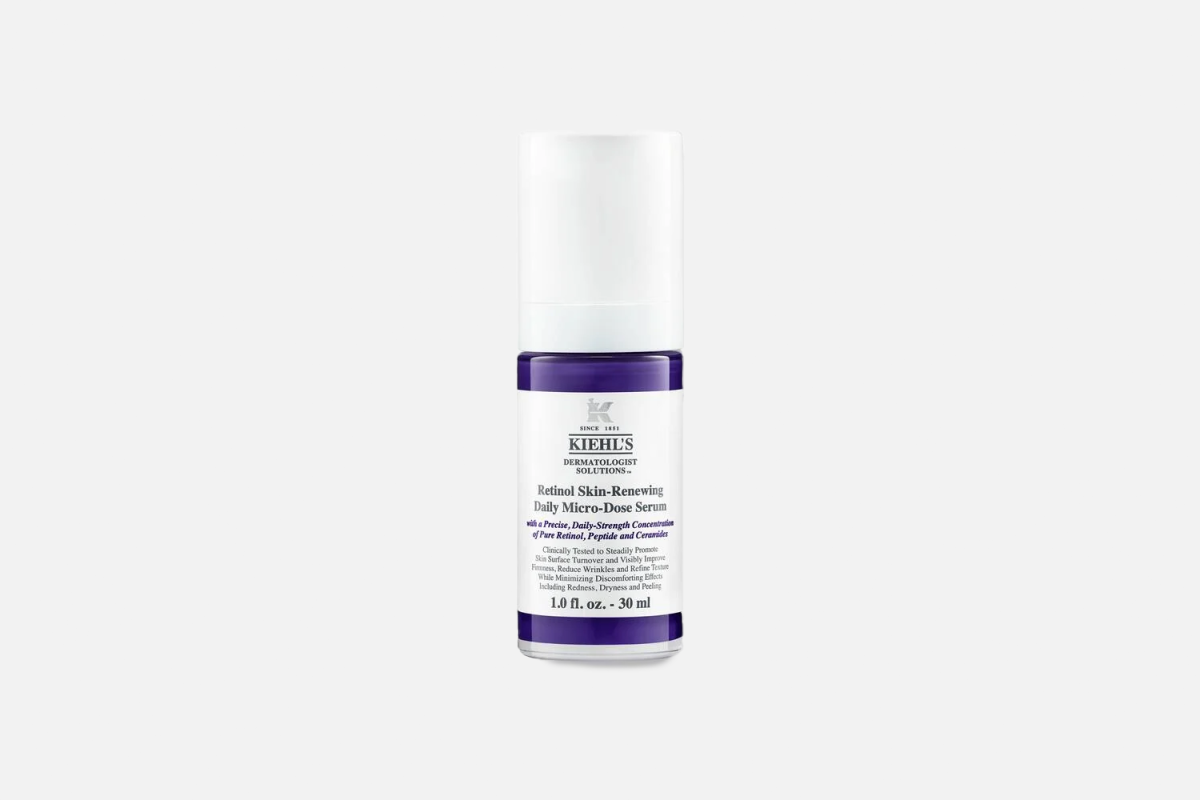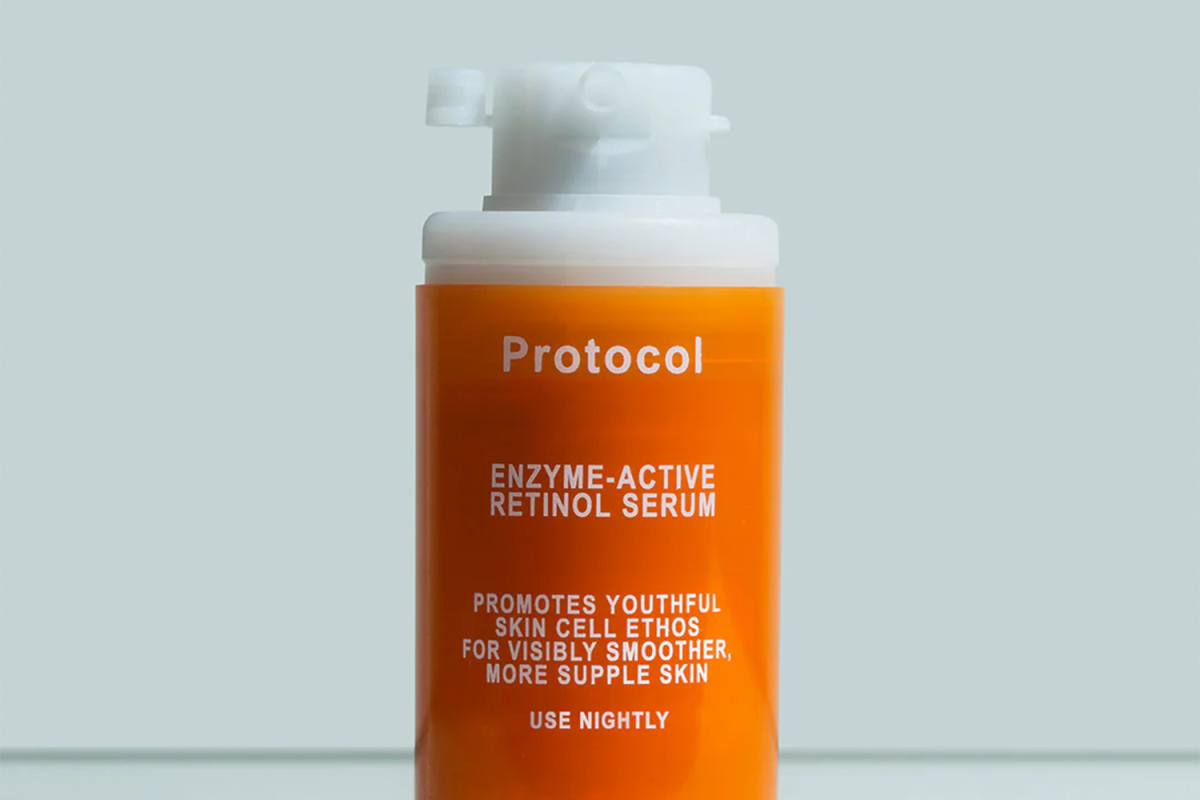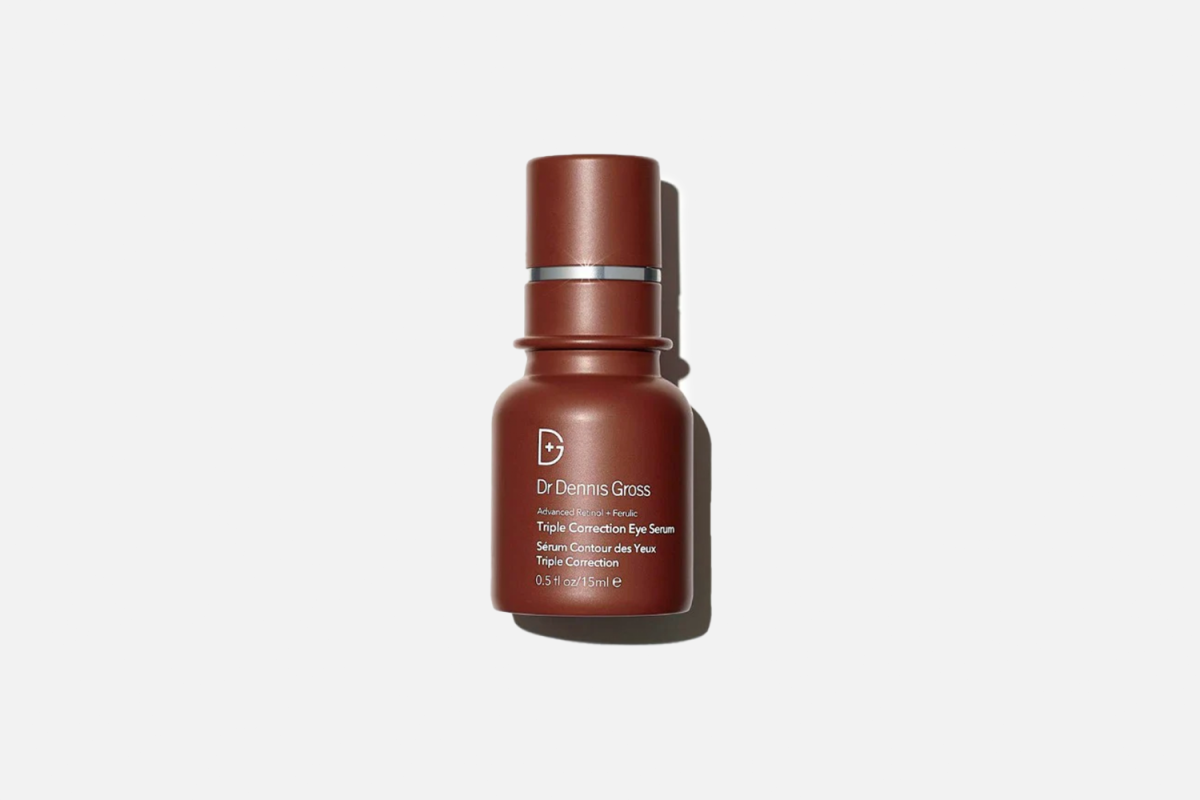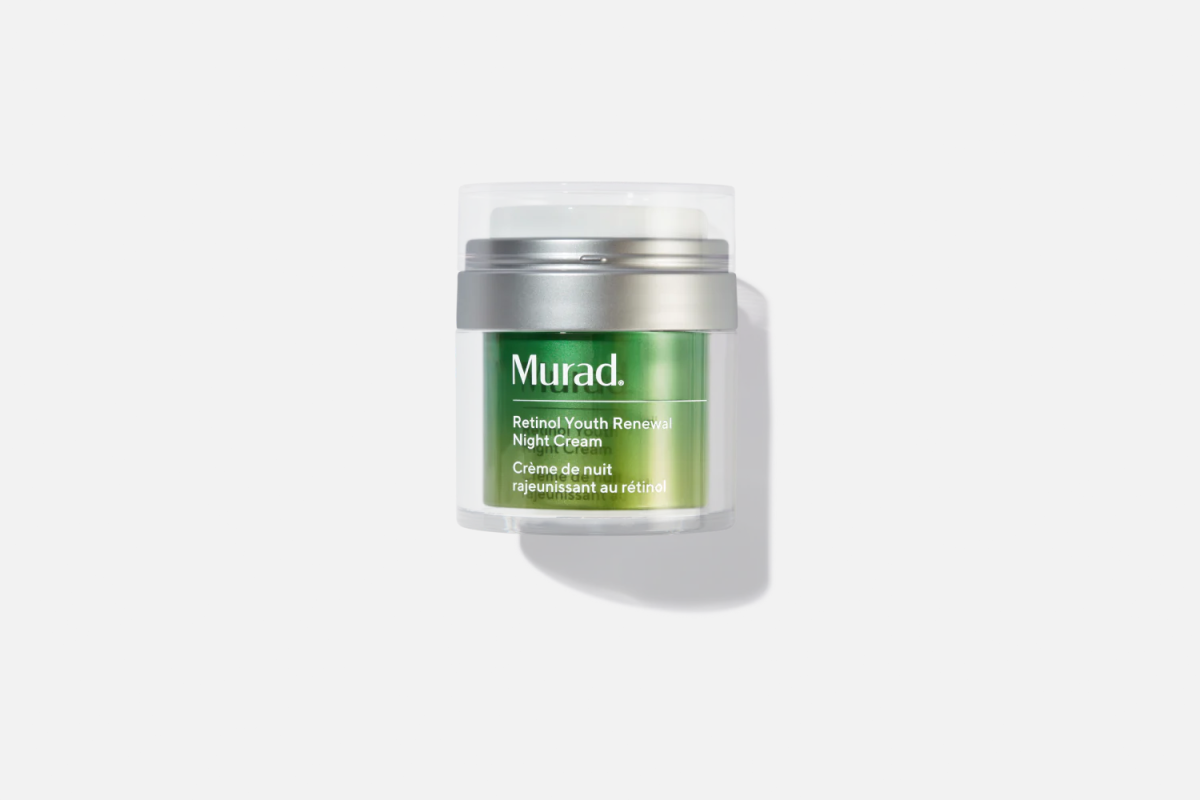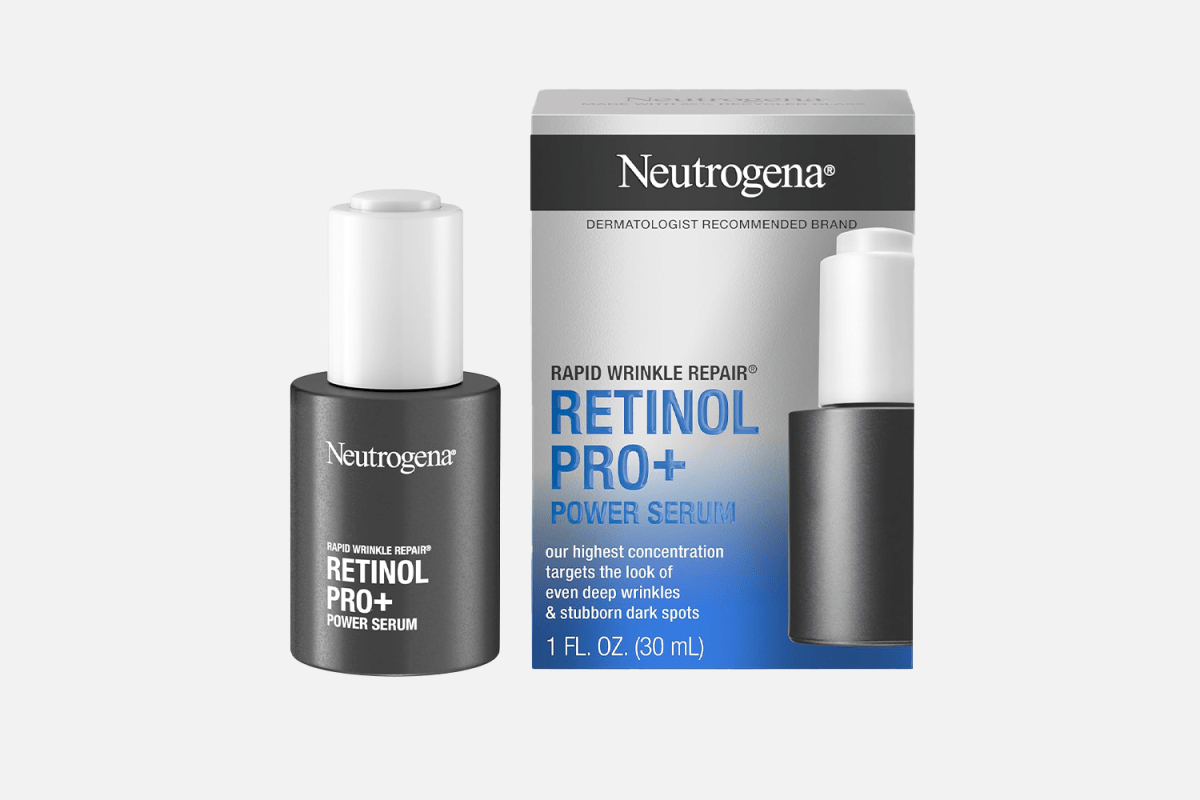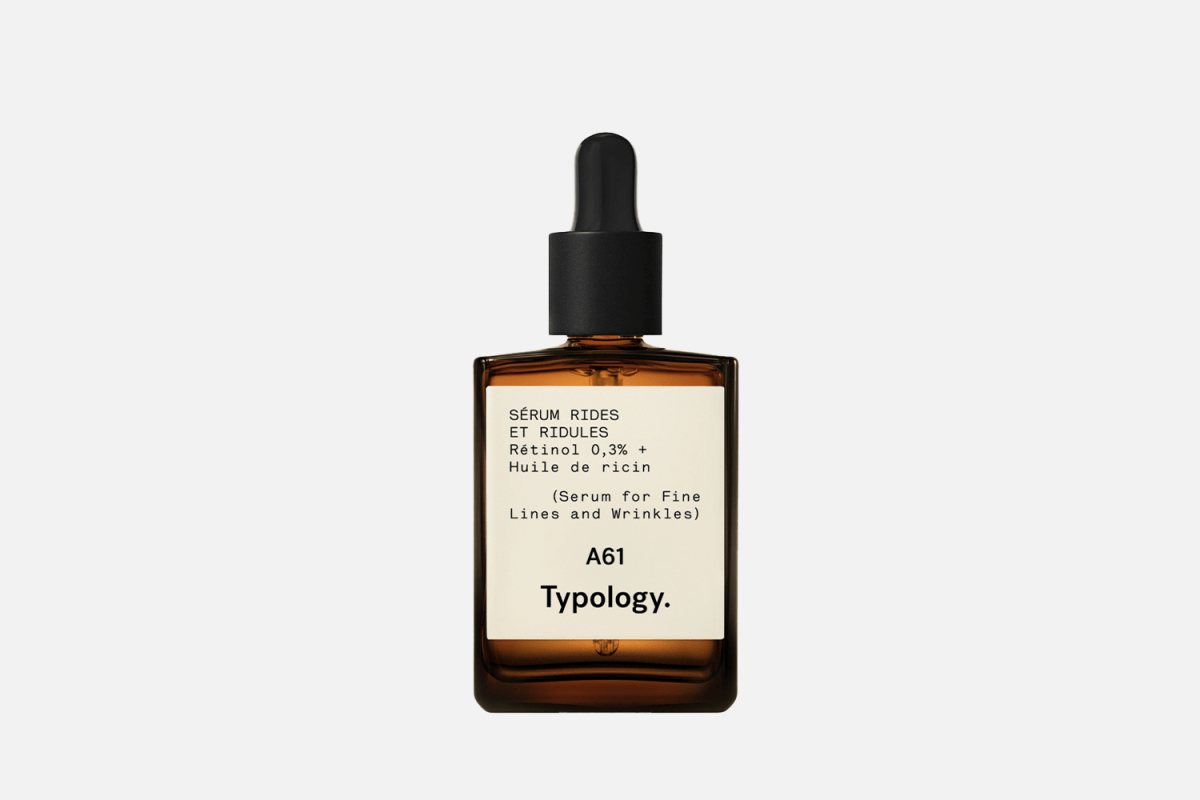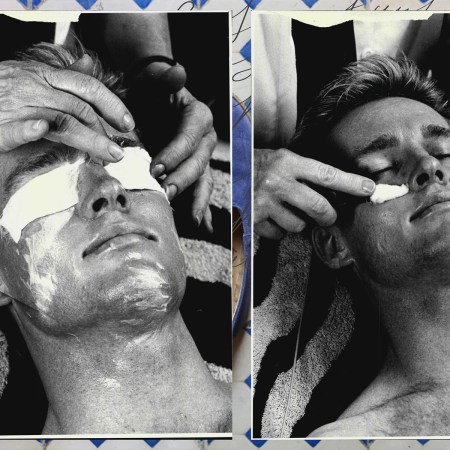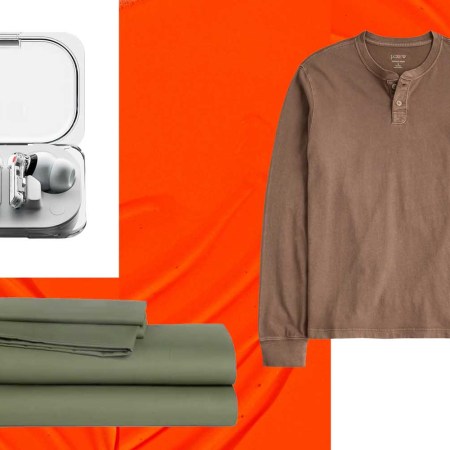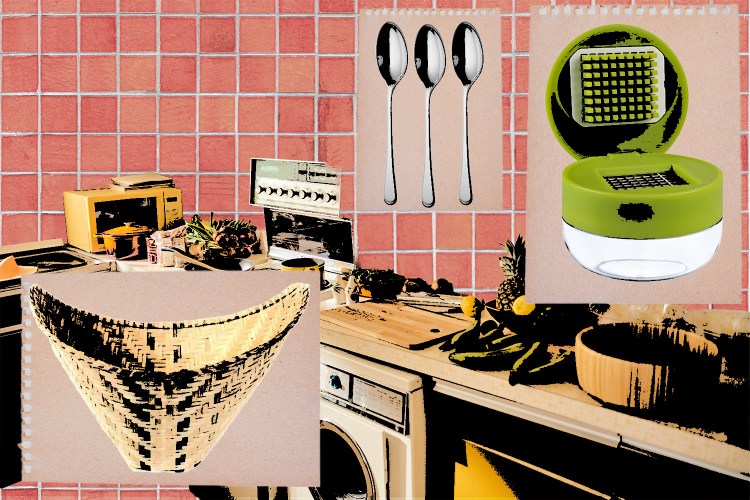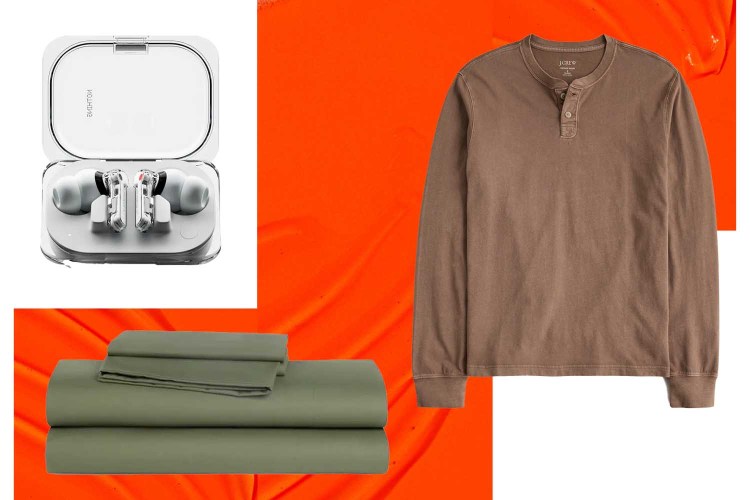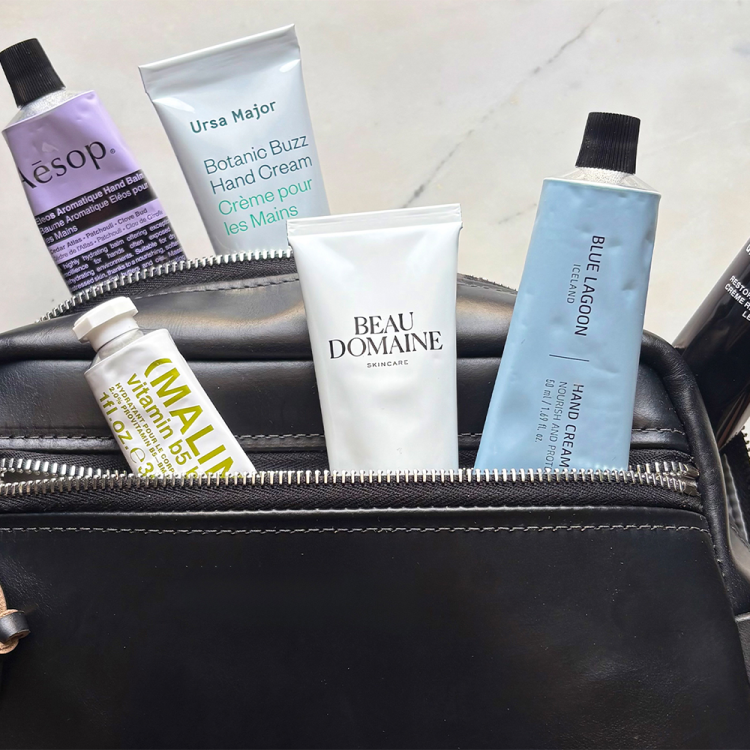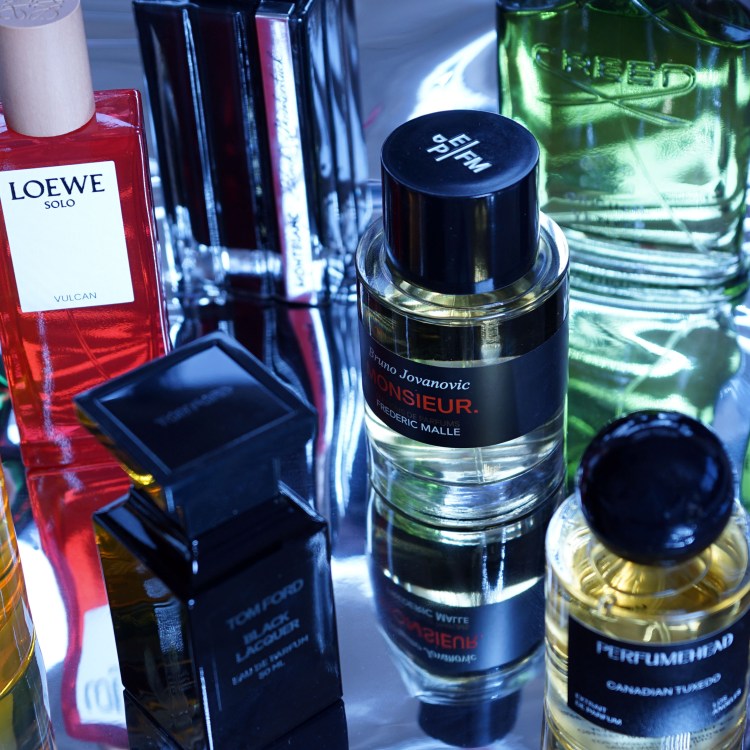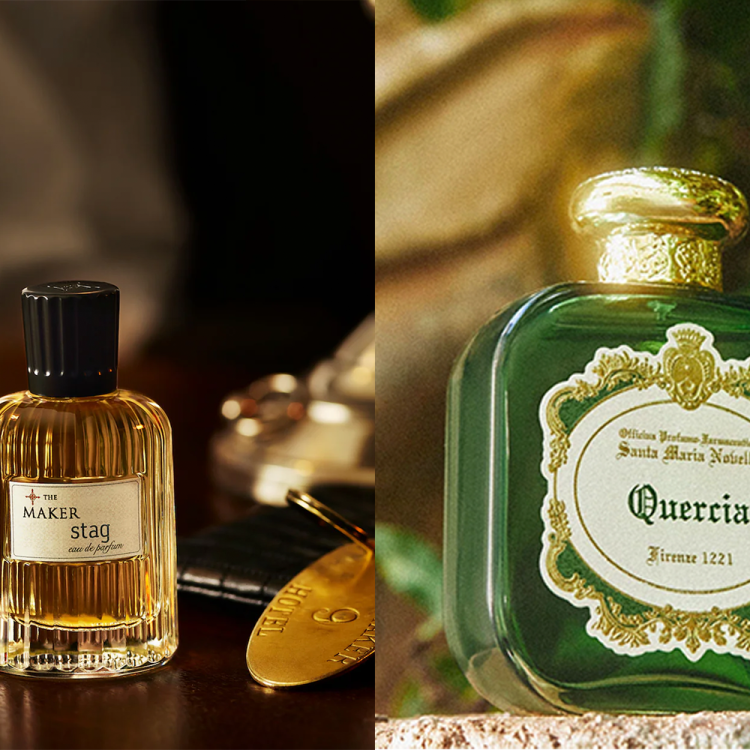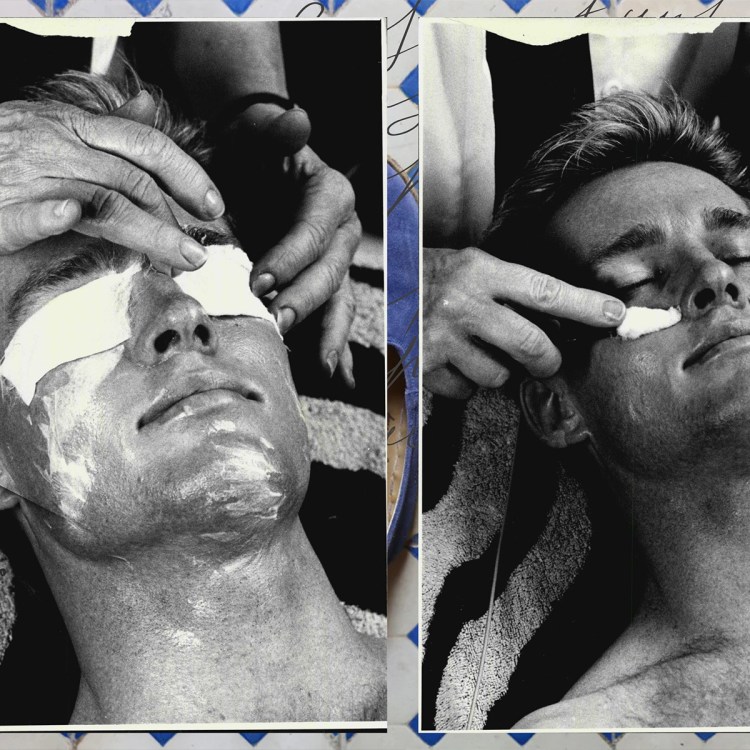If you’re into skincare — or even just casually browsing grooming products — you’ve likely come across retinol. It’s right up there with collagen and peptides on the list of scientific-sounding, slightly bewildering ingredients (we’ll get to those two another time). It’s been around for awhile, and plenty of folks know of its rejuvenating powers. But even with all the hype, many of us ask: WTF is retinol?
Think of it as spinach for your skin, a powerhouse form of vitamin A that helps smooth fine lines, fade dark spots, improve texture and boost collagen production, all adding up to a firmer, more youthful-looking face. Like the whole “glass of wine a day” debate, retinol has sparked its share of mixed opinions, but the key is to start slow, not overdo it and give your skin time to adjust. When used correctly, it’s easily one of the most effective tools in your skincare arsenal.
Retinol shows up in everything from serums to moisturizers and a whole range of formulations in-between, so figuring out where to start — and how to make the most of it — can feel a little overwhelming. That’s where we come in: to break down what it is, suggest solid products and help you work this skincare MVP into your routine. To guide us through retinol 101, we tapped grooming expert and industry veteran Matthew Ruggieri for his invaluable insight.
InsideHook: What is retinol and how does it work?
Matthew Ruggieri: Retinol is a form of vitamin A and one of the most researched, proven ingredients for improving skin texture, tone and overall health. It accelerates cell turnover, prompting your skin to shed old, dull cells and replace them with new ones. This is especially important because as we age, our skin cells don’t naturally turn over as quickly; that’s when retinol comes to the rescue. It also boosts collagen production, helping to smooth fine lines, even out pigmentation and improve skin firmness over time. Once applied, it converts into retinoic acid, directly triggering skin cell renewal and collagen synthesis, making it a powerhouse for skin rejuvenation.
IH: Why is it so buzzy in skincare and have any recent advancements been made?
MR: Retinol has been a tried-and-true skincare hero for decades, but its buzz never fades because it works, with science to back it up. Recently, advancements in formulation have made it more accessible and less irritating. Encapsulated retinol, for example, allows for a slower release into the skin, reducing irritation while maintaining effectiveness. There are also new developments in using retinol (vitamin A) derivatives to make it more stable, less irritating and more effective. Retinyl linoleate, for example, delivers retinol to the skin in a more controlled, time-released manner, helping to minimize irritation (redness, peeling, dryness) that can occur with the pure stuff. On top of that, new retinoid alternatives — like marine algae-derived bio-retinol — have emerged as clinically-tested options that can be used on their own or alongside traditional retinol to deliver faster results with less irritation. Together, these innovations are making the ingredient more approachable and user-friendly than ever before.
The Best Men’s Exfoliators Get Your Skin Spring-Ready
Say goodbye to dead cells and hello to a rejuvenated glowIH: How often should I apply retinol?
MR: Start slow! If you’re new to retinol, apply it twice a week at night, allowing your skin to adjust. If your skin tolerates it well (no excessive dryness or irritation), gradually increase to every other night or nightly. Consistency is key, but more isn’t always better. Listen to your skin; if irritation occurs, scale back and focus on hydration and barrier support.
IH: Will retinol irritate my skin?
MR: While product developers like myself work to minimize irritation, retinol can still cause some dryness, flakiness or mild redness, especially at first or if you already have dry or sensitive skin. Because retinol speeds up skin renewal, those side effects are completely normal and usually settle down as your skin adjusts. To help minimize irritation, follow it up with a gentle, hydrating moisturizer that includes soothing ingredients like ectoin or squalane. If your skin is especially sensitive, try applying retinol after a layer of moisturizer to buffer its strength. And whatever you do, don’t skip sunscreen — retinol can make your skin more sensitive to the sun.
That said, it’s safe and highly effective for most people when used correctly. A lot of the concern comes from confusion with prescription-strength retinoids or misinformation online. The main precaution is that retinol shouldn’t be used during pregnancy or breastfeeding. Otherwise, over-the-counter retinol is generally well-tolerated and poses no health risk when applied as directed.
IH: Can I use retinol with other skincare ingredients?
MR: Yes, you can incorporate retinol into a skincare routine with other active ingredients, but some should be used at different times or on alternate days. Retinol pairs well with hydrating ingredients like peptides, ectoin and ceramides, which help strengthen the skin barrier and minimize potential irritation. However, I recommend caution with vitamin C — both are powerful actives, but using them together can be too harsh for some skin types. Similarly, combining retinol with exfoliating acids like AHAs or BHAs can lead to irritation, so using them on alternate days improves how well your skin absorbs retinol over time.
IH: How long does it take to see results?
MR: Retinol works gradually, so results aren’t instant — it needs to be absorbed, converted and then stimulate cell turnover. The first signs of improvement, like a healthier glow and smoother texture, typically appear within two to four weeks, but the most noticeable improvements in fine lines, breakouts and pigmentation usually take eight to 12 weeks. Stick with it, be gentle with your skin and trust the process.
Best Overall Retinol Serum
Best Retinol Serum for Sensitive Skin
Best Advanced Retinol Serum
Best Retinol Eye Serum
Best Retinol Overnight Cream
Best Accessible Retinol Serum
Best Retinol Moisturizer
Best Simple Retinol Serum
This article appeared in an InsideHook newsletter. Sign up for free to get more on travel, wellness, style, drinking, and culture.


